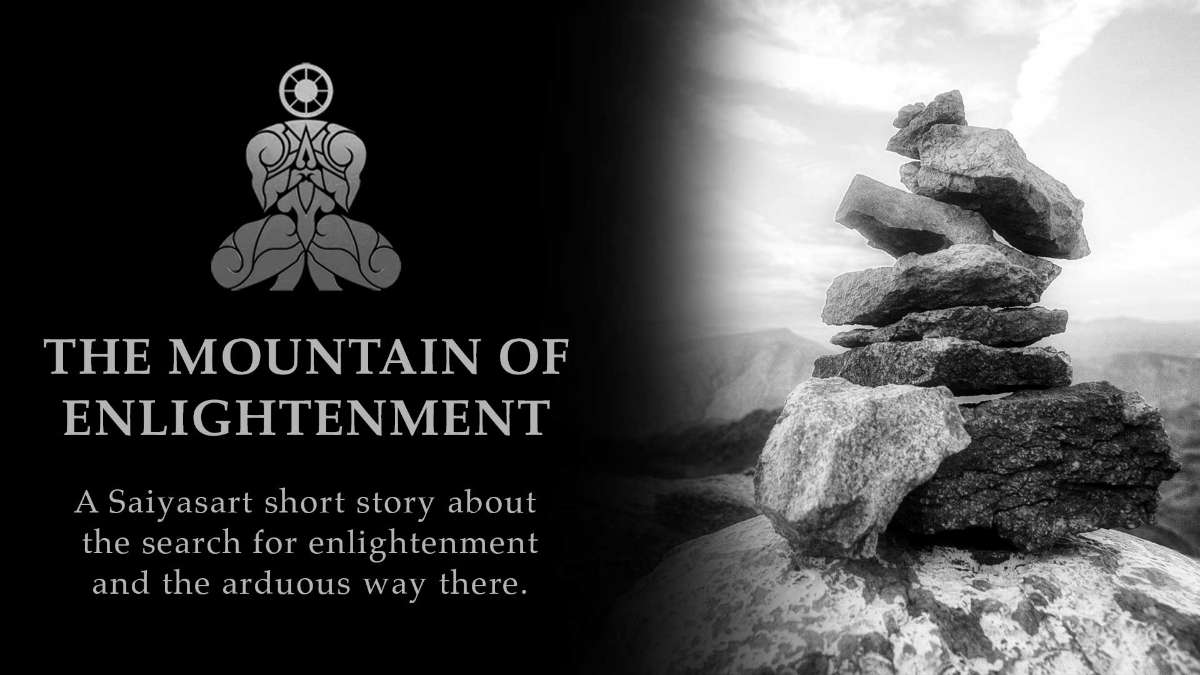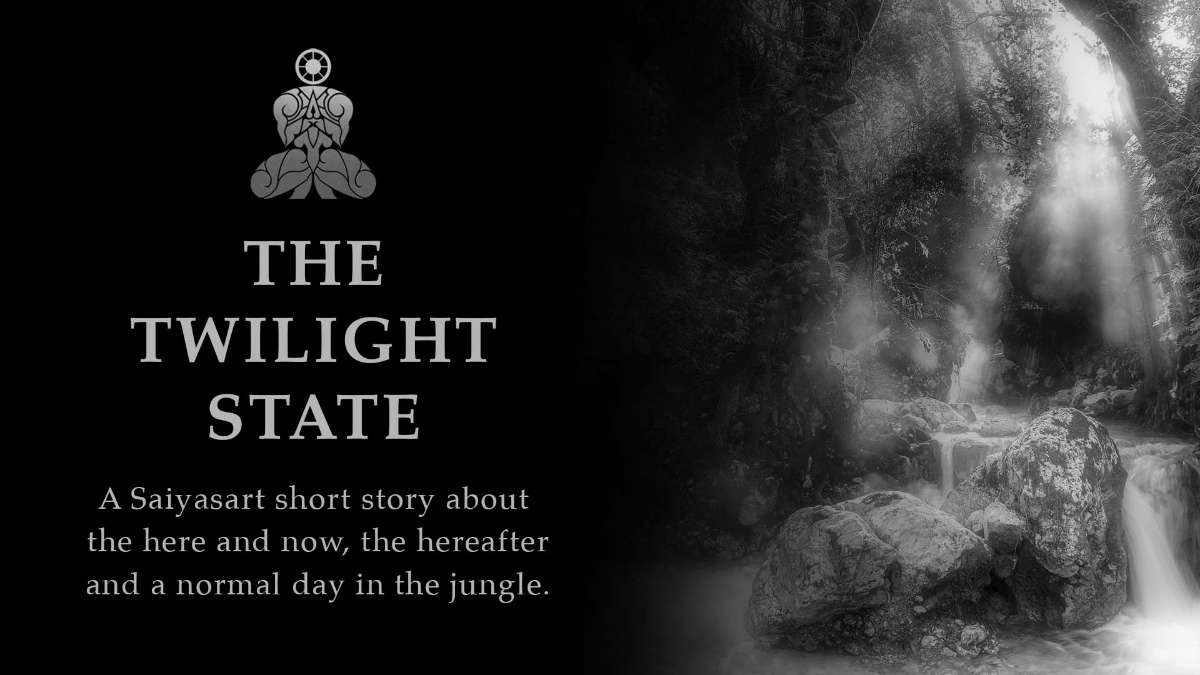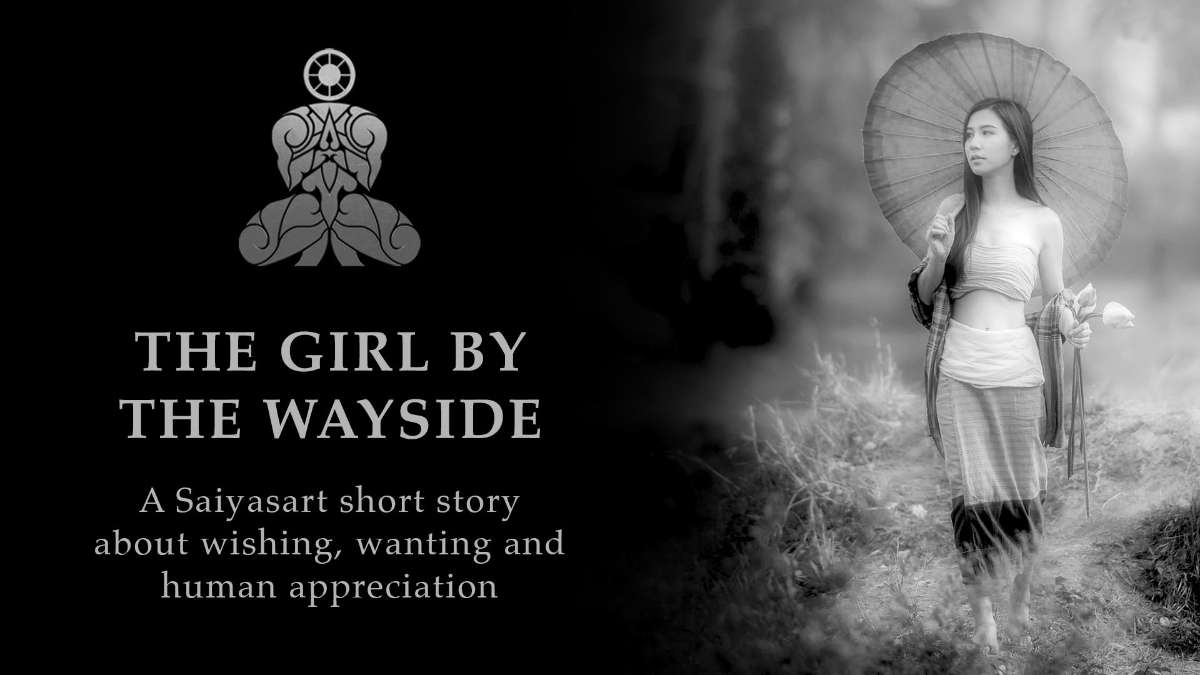What is a possession?
The superimposition and impairment of the original existence and non-existence of a living being or even an object by a foreign vibration is called possession in the Saiyasart
A possession can affect an object as well as a living being. A temporary possession can also be distinguished from a permanent possession. Different vibrations may adhere to objects and influence their surroundings and leave the object just as quickly, usually due to external circumstances.
Content
possession of objects
As an example, any item that has long been owned by a person can be considered. Perhaps a beautiful old piece of furniture and now afflicted with the remaining remnant of this person’s vibration and encourages another person to buy and desire to own the item. This is not a targeted influence. It only appeals to the same emotions as the previous owner.
A spirit can also adhere to such or any object, either caused by its existence or accomplished by a foreign force, as in the production of an amulet.
possession of living beings
A living being can also be temporarily filled by many different vibrations. A simple example is the food scent, which leads to buying a sausage.
A permanent possession by oneself or a foreign spirit is to be understood differently. A self-possession happens when a fictional thought arises on the basis of emotions, which impairs or even changes life or experience.
Possessions by the deceased
Possessions from the deceased happen in most cases by a shock reaction through which the corresponding body is exposed and at this moment a spirit is given opportunity to settle and spread in the body, which in turn leads to a complete change in the hosts life experience.
The foreign sprit takes control of the living being and displaces the original spirit in the body, except for a small proportion of which is essential for the maintenance of bodily functions.
Resolving and avoiding possession
Possessions can be resolved with special knowledge. This does not apply to possessions that happen withing in the context of the life experience (see Conflict of Existence). The avoidance of involuntary occupations can be accomplished by not so much yielding to one’s emotions and impulses, but rather living with logic and reason. By rather observing than being affected.
Recommended glossary entries



